|
Imagine having to leave your young children at home alone for prolonged periods while you head out to search for food; a quest that might take days to accomplish. Imagine leaving your children exposed and alone in a rough neighbourhood whose occupants wouldn’t think twice about securing a quick meal or at least removing their competition. Imagine a home where you have no dead lock, no home security system, no friends to call on to babysit and no police force to ‘protect and serve.’ Couple all these terrifying factors with children who are born with a natural independence and rampant curiousity and you have a recipe for disaster. The life of a leopard mother is tough. Despite all these horrifying thoughts that she has to contend with, the need to procure food outweighs all of the potential risks and each time that she returns to her cubs, the discovery that one or all of her offspring have perished is very real. Animals however are blessed with a narrow mindedness that we will never be able to fully appreciate. Their life is simplistic: find food for yourself; find food for your cubs and protect them from the dangers that lurk in the African bush. We have no idea how strongly animals feel loss but it is something that every leopardess will have to learn. With mortality rates as high as 80% in some areas, the chances of raising one cub to maturity is slim, but a leopard’s biology means that she will never give up until her final breath escapes her beautiful body. Xikavi is stunning leopard from the western sector of the Sabi Sands and she is in the midst of this eternal struggle as we speak. I have been fortunate enough to follow her progress over the last few months thanks to frequent visits to the area and have experienced both heartache and loss watching her try to provide for her new family. Around 4 months ago, Xikavi introduced us to her 2 beautiful cubs. Alas, 2 quickly became 1 due to what we believe to be a snake bite. I was privy to witness a heartbreaking scene about 3 months ago when we followed her to her den site where she found 1 happy cub eager for her return, and 1 lifeless body. Her attempts to revive her lost cub were in vain and we watched in heart-breaking sympathy as its sibling nuzzled and nudged its former companion trying to understand its motionless. Despite her loss she had no time to wallow in self-pity and regret. Her last remaining cub needed her more now than ever before, and for the last 3 months, Xikavi has dutifully provided for her legacy. The thick undergrowth, fueled by the summer rains, has given her the ability to disappear. Her perfect camouflage allows her to become one with her surroundings and on this occasion, nature’s silent assassin made no mistake. As we rounded the corner, we were met with the somewhat gruesome sight of a half-eaten impala hanging in the fork of a tree. No leopard was to be seen, but the bush’s opportunists had already arrived. An elegant yet powerful Bataleur eagle occupied the kill, using its strong beak to tear flesh away from body. Every animal must suffer the same eternal need to survive and, in the wild, an unattended carcass does not remain unattended for long. Soon after we arrived, movement distracted us. Like a mirage, a sleek form was slowly taking shape as it weaved effortlessly through the dense undergrowth. When it saw that its hard-earned food had been compromised, it leapt from the shadows, bounding with ease up the tree like a velveteen simian. The troublesome Bataleur erupted from the branches in a cloud of feathers as it sought refuge from the razor sharp teeth and swiping claws. Xikavi had returned from quenching her thirst and reclaimed her prize. We watched in awe as she negotiated the tree limbs with the poise of one quite at home in the treetops and settled down to watch her feed. The sighting was not for the faint hearted however. The antithesis of nature is all around us, and the majestic sight of this beautiful creature feeding high above the ground was neatly coupled by the demise of the impala. As she maneuvered the carcass, various internal organs were loosened and began to emerge from their host’s body, culminating in a sickening thud as the stomach slowly succumbed to its own gravity and landed on the floor only meters from us. Despite the obviously revulsion felt by most, this is life. The impala would not live, but its sacrifice would go far in replenishing essential energy for its killer, and more importantly, for her cub. Although we did not get to see the other beneficiary, the other vehicles did say that after dark, Xikavi returned to the kill with her cub in tow and the 2 of them were able to feast in peace. Despite the odds and the danger, Xikavi continues to do everything in her power to supply her cub with the nutrition and safety that it needs to grow. Should she be able to provide for it for another 18 months, her biological clock will tell her that the time has come for the cub to move on. The cub will not understand why the apron strings are being cut so painfully but it will be the first of many lessons as it embarks on its lonely life of solitude. Xikavi will receive no thanks for the duties that she performs but she will have done all that she can do. Her thoughts now will be focused on repeating her actions and continuing to expand her genetic reach. The life of any mother is hard but to be a single mother in the midst of the war zone that is the African bush must be supremely taxing. Xikavi, I salute you. By Ben Coley, Leopard ID Project Ambassador and Host
2 Comments
|
Authors:Leopard statuses and happenings by Leopard ID Project team leaders. Archives
October 2014
Categories |
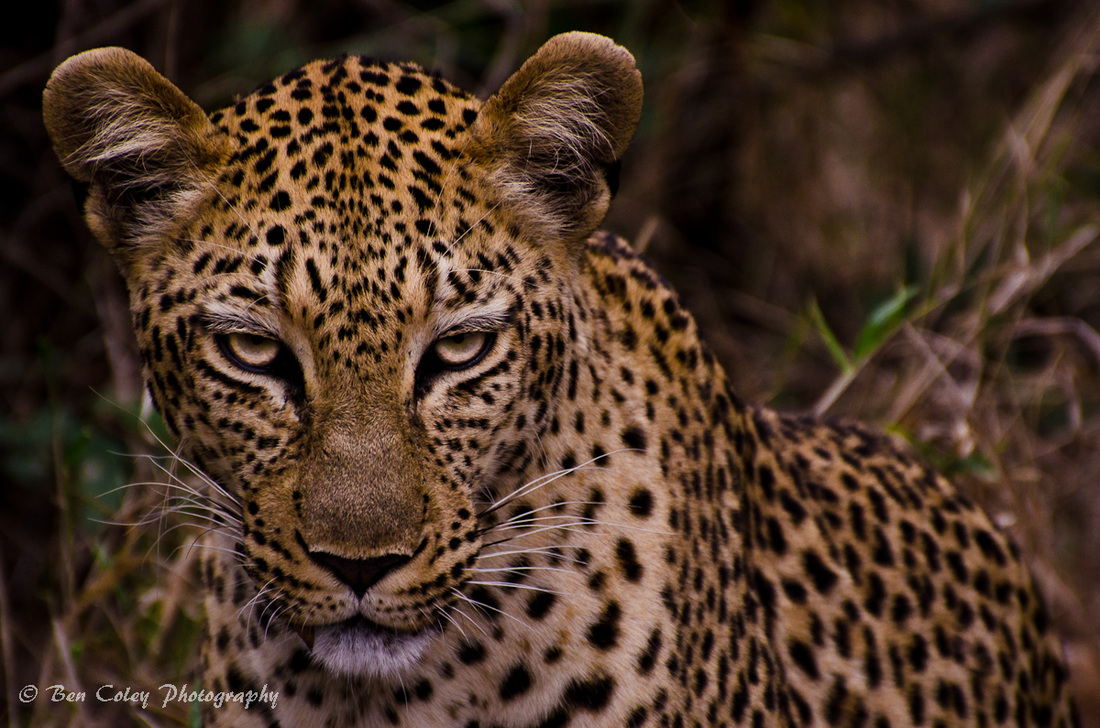
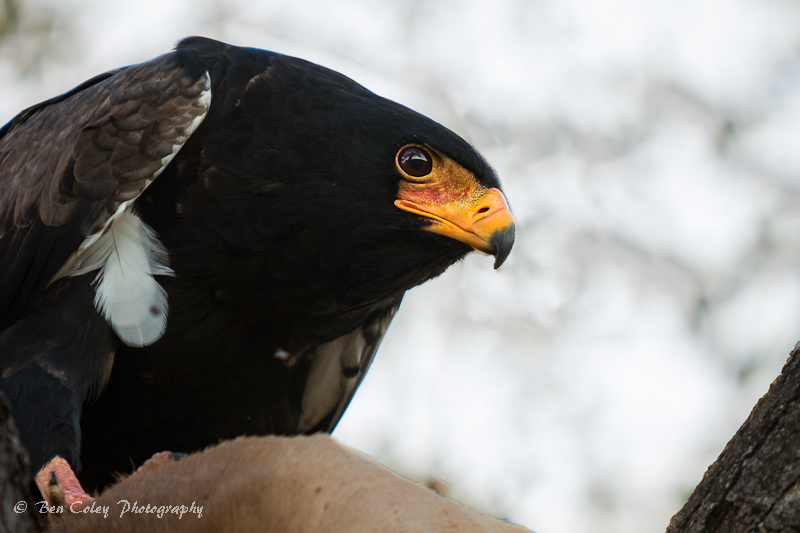
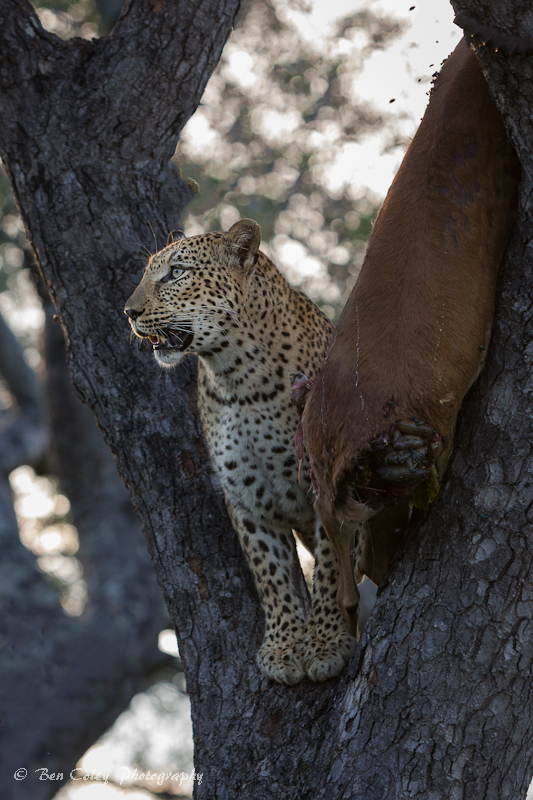
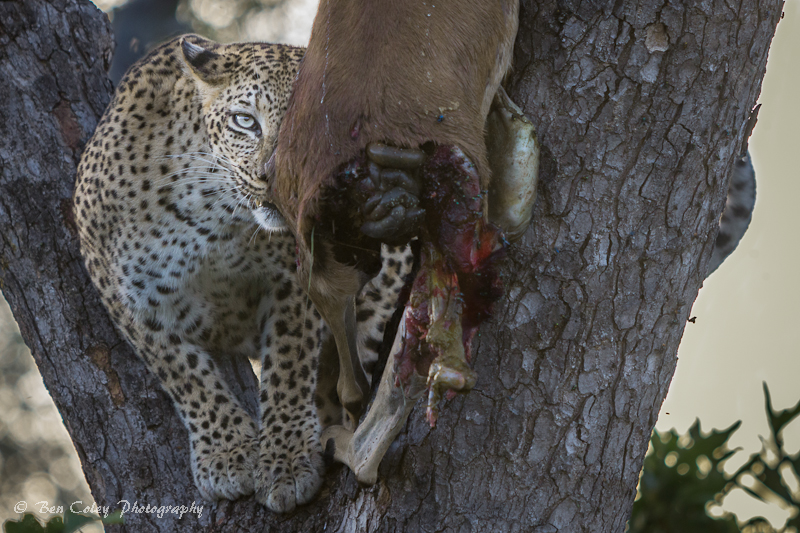
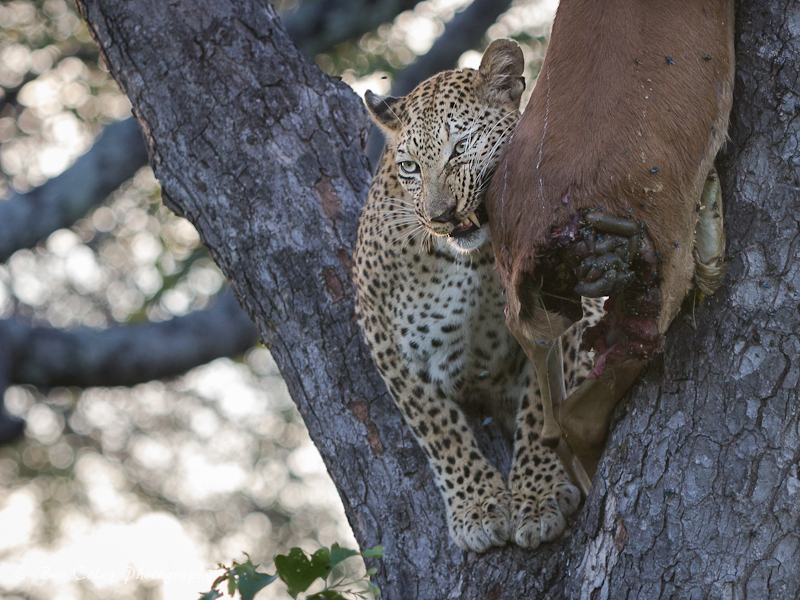
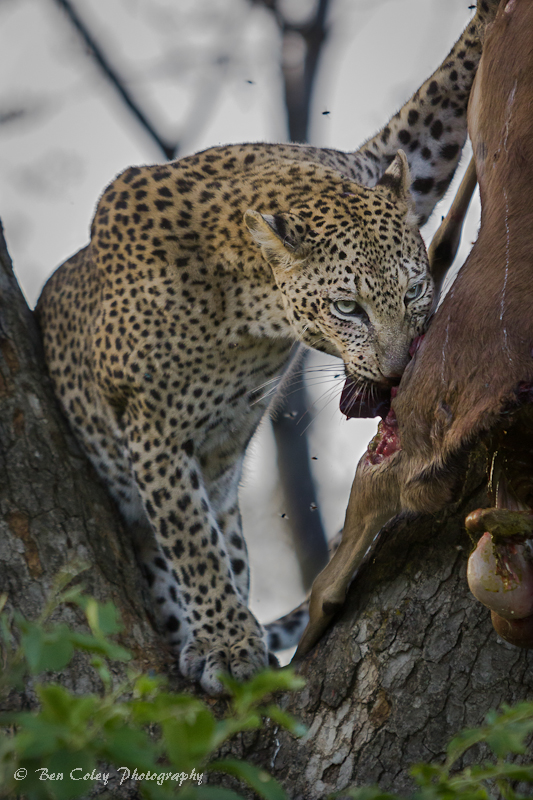
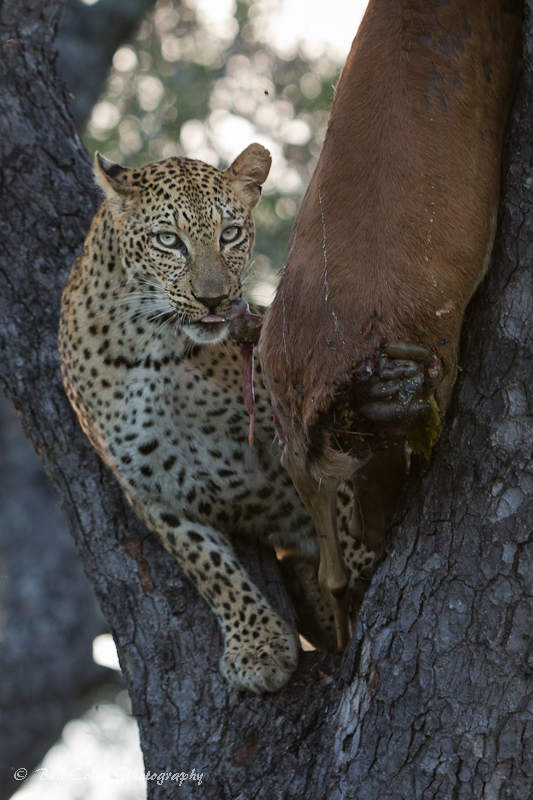
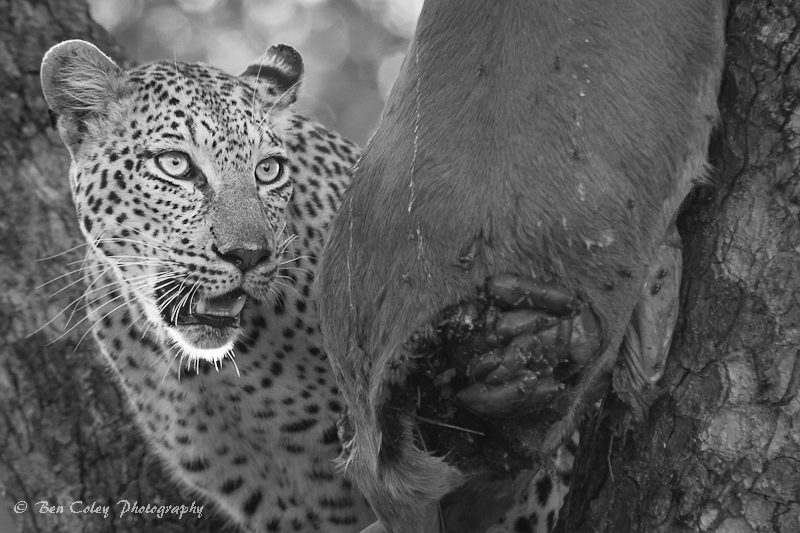
 RSS Feed
RSS Feed
